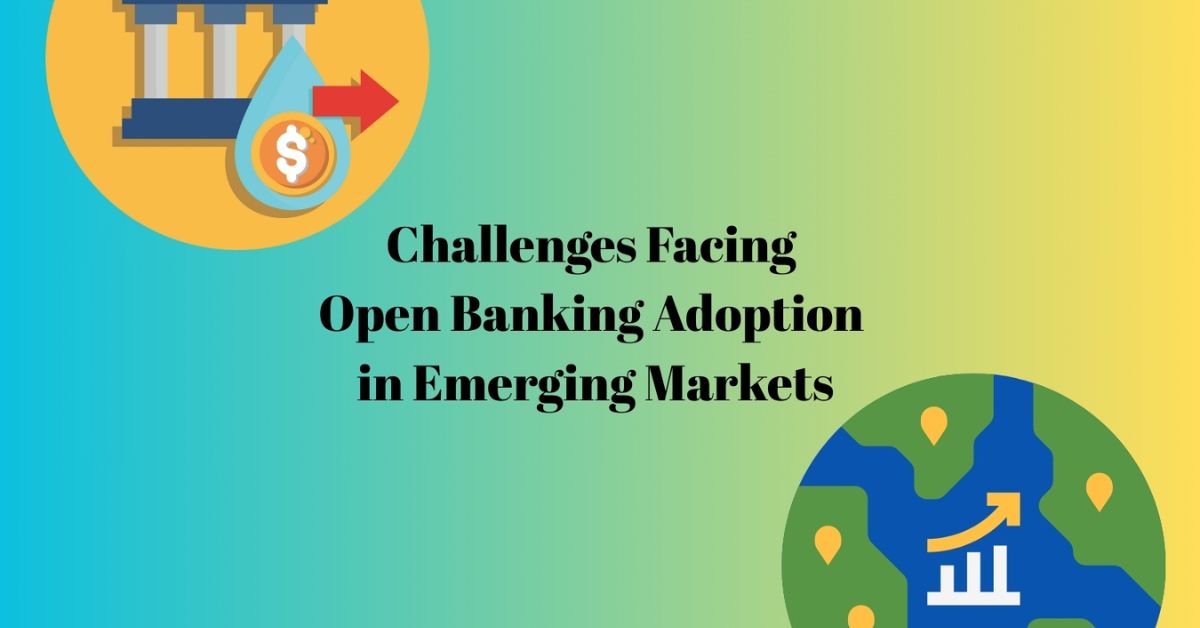Introduction
Open banking, which allows consumers to share their financial data with third-party providers (TPPs) through secure APIs, has revolutionized the financial services landscape in many developed countries. However, in emerging markets, the adoption of open banking faces several unique challenges. While these markets offer immense potential for innovation and growth in the financial sector, barriers need to be addressed before open banking can reach its full potential. Below are the key challenges facing open banking adoption in emerging markets.
1. Regulatory and Legal Barriers
One of the most significant challenges for open banking in emerging markets is the lack of clear regulatory frameworks. Unlike developed markets, where regulatory bodies like the EU’s PSD2 (Payment Services Directive 2) set the groundwork for open banking, many emerging economies lack comprehensive policies or guidelines for data sharing and protection. Financial institutions and third-party providers are reluctant to implement open banking solutions without clear regulations on data privacy, security, and consumer consent.
Why it matters:
Compliance uncertainty: The absence of regulatory clarity increases risks for businesses and prevents them from fully embracing open banking.
Consumer protection: Without clear regulations, consumer rights, including data security and privacy, may not be adequately protected, leading to trust issues.
2. Inadequate Infrastructure and Technology
Emerging markets often face limited technological infrastructure, especially in rural or underserved areas. Many consumers and financial institutions in these regions do not have access to the high-speed internet or advanced mobile technology needed to facilitate open banking. Additionally, legacy banking systems in these markets may not be equipped to handle the PI integrations required for open banking.
Why it matters:
Access issues: Low internet penetration and outdated systems hinder consumers’ and businesses’ ability to adopt and benefit from open banking solutions.
Integration challenges: Legacy systems require costly upgrades and investments to support open banking, which may not be feasible for many financial institutions in emerging markets.
3. Consumer Awareness and Trust
Open banking requires a significant shift in how consumers view and share their financial data. In many emerging markets, awareness of open banking is still low, and trust in digital financial services may be lacking. Many consumers are unfamiliar with the benefits of sharing their data with third-party providers. They may be hesitant to adopt such services due to data security and privacy concerns.
Why it matters:
Slow adoption: Consumers may resist participating in open banking systems without widespread understanding and trust.
Data privacy concerns: Fears of data misuse or breaches can deter consumers from sharing their financial information with third-party providers.
4. Financial Literacy and Education
In many emerging markets, financial literacy is lower than in developed economies. This affects not only consumers but also financial institutions and third-party providers, who may lack the necessary expertise to implement and manage open banking systems effectively. The digital divide in these markets further compounds this issue, as many of the population may not have the digital literacy to understand and engage with open banking.
Why it matters:
Inequality in access: Limited financial literacy can prevent consumers from understanding the advantages of open banking, thus hindering widespread adoption.
Operational challenges: Financial institutions need trained staff and knowledge to successfully integrate open banking solutions into their systems.
Conclusion
Open banking offers exciting opportunities for emerging markets, such as improved financial inclusion, greater competition, and enhanced consumer choice. However, regulatory frameworks, infrastructure, consumer trust, and financial literacy challenges need to be addressed before open banking can fully take off in these regions. By investing in education, creating clear regulations, and improving infrastructure, emerging markets can unlock the full potential of open banking and improve millions of people’s access to financial services.
#OpenBanking #EmergingMarkets #FinancialInclusion #Fintech #DigitalBanking #FinancialLiteracy #RegulatoryChallenges #ConsumerTrust #FinancialServices #BankingInnovation
Categories



